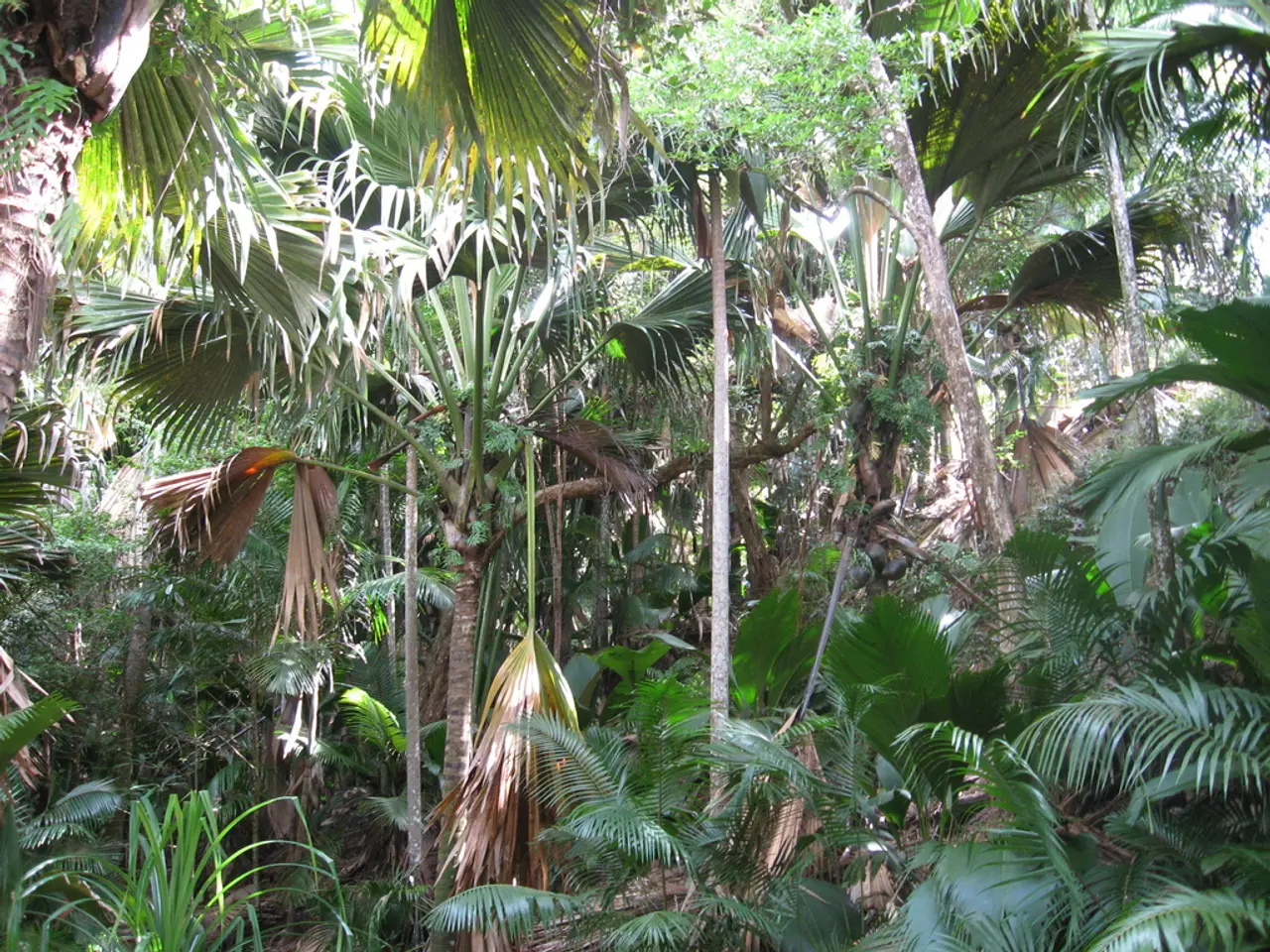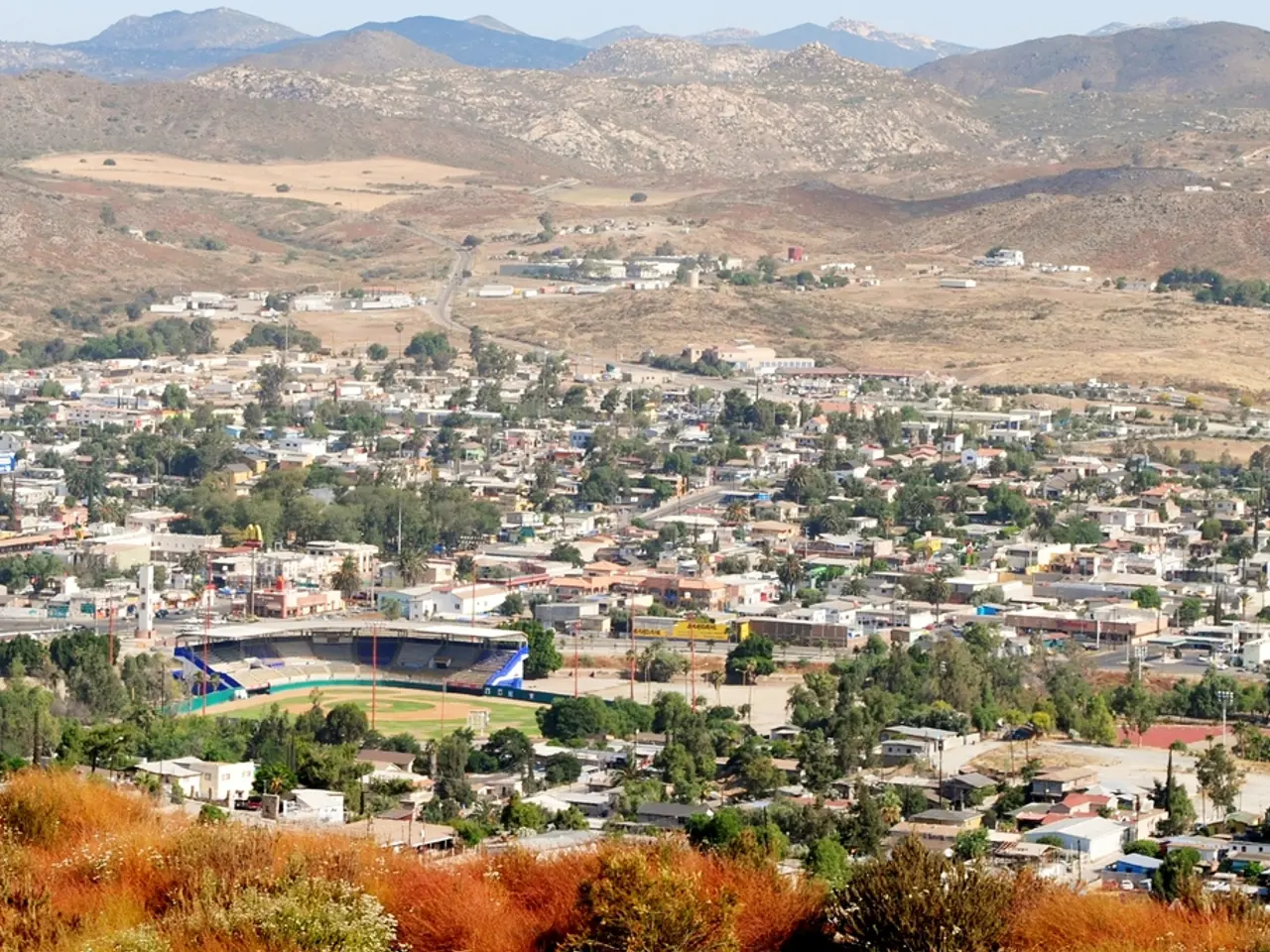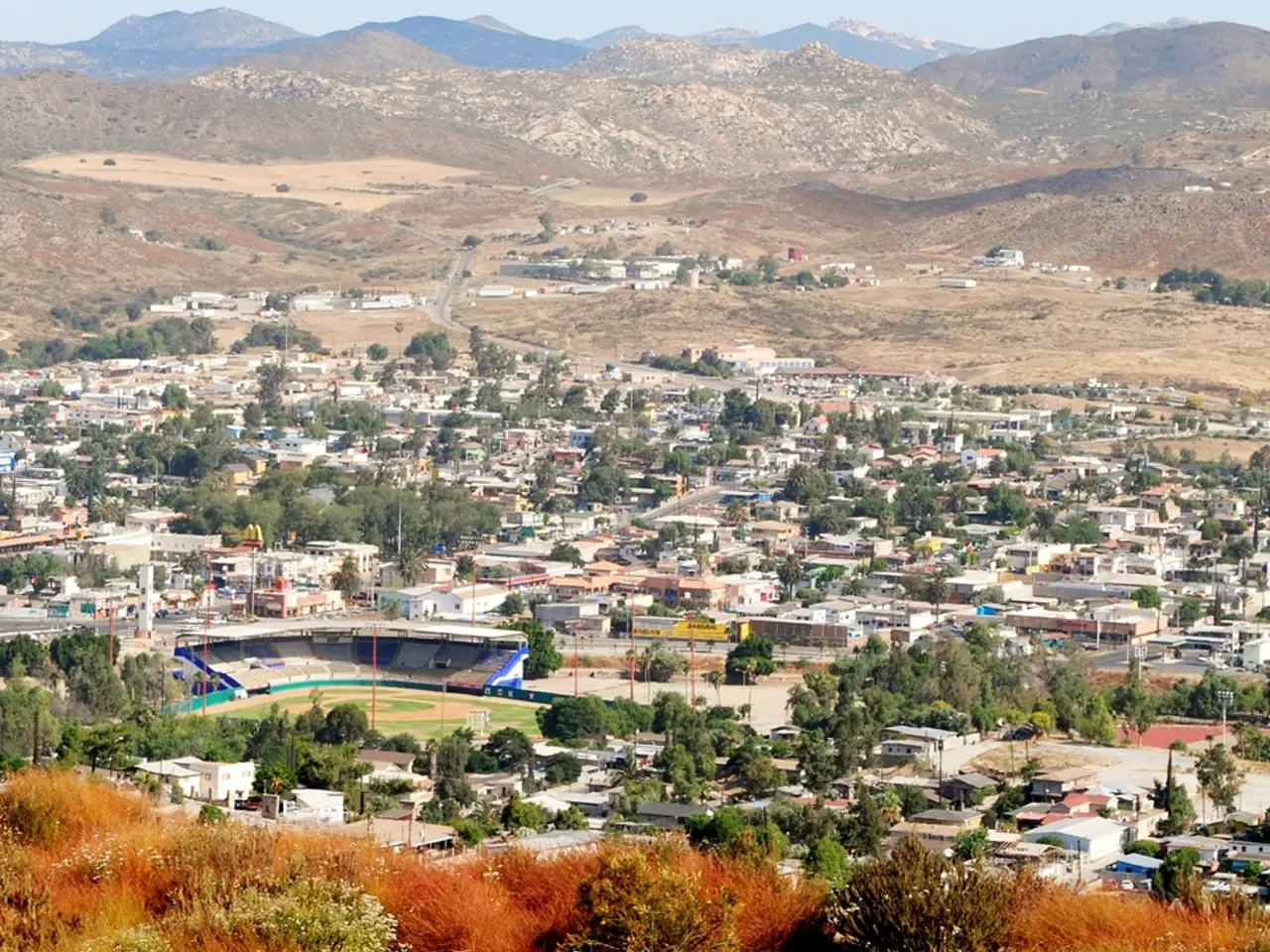Malaysians persist in defending peatlands from agricultural expansion
Indonesia's Peatland Crisis: A Persistent Threat to Climate, Biodiversity, and Local Communities
Indonesia's peatlands, rich in biodiversity and storing a significant portion of the world's soil carbon, are under threat due to rapid conversion to palm oil and timber plantations. A recent report shows that only about 18.4 percent of Indonesia's peatlands remain undisturbed as of 2023, with over 80% having been converted mainly to these plantations.
In South Sumatra, local communities like those around Lebung Itam and Bangsal are witnessing the encroachment of plantations. For instance, the palm oil company Bintang Harapan Palma has already begun digging canals to drain peatlands for cultivation, threatening the local ecosystem. This has led to conflicts, with community protests against the companies claiming legal rights to the land.
The situation is further complicated by the high flammability of dry peat, which can smoulder underground and potentially reignite. Fires still happen "almost every year" in villages like Bangsal, according to Rohman, a farmer in Bangsal village. These fires not only affect the local ecosystem but also the economic activity, children playing, and learning in the affected areas.
The distinctive buffalo, a part of the local culture, have also been affected by the conversion of peatlands. Muhammad Husin, a Bangsal resident and buffalo farmer, stated that healthy peat is "like the lungs of the Earth." However, the conversion of peatlands has affected their grazing habits, as they can no longer access vast wetlands.
The local court in the landmark lawsuit filed by several plaintiffs from Bangsal and Lebung Itam against three companies with nearby timber plantations rejected the suit, stating that the plaintiffs lacked standing. This decision highlights the need for stronger legal frameworks to protect these critical ecosystems and the rights of local communities.
Indonesia has established systems like the SVLK for legal timber verification and plantation cultivation permits (STDB) to regulate land use. However, enforcement gaps, incomplete registration of smallholder farmers, and limited government capacity and coordination hinder effective protection.
Local residents, like Pralensa, an environmentalist from a village in South Sumatra, are actively protesting and managing some peatland areas in customary ways. Awareness has grown globally about the importance of Indonesia’s peatlands for climate mitigation, biodiversity, and local livelihoods, fostering pressure for improved conservation.
However, major challenges remain, such as widespread conversion by large agribusiness interests, limited government enforcement capacity and coordination, conflicts over land rights between communities and companies, and difficulty in mapping and registering smallholder lands comprehensively.
In conclusion, the preservation of Indonesia’s peatlands, especially in South Sumatra, is critical and challenging. Strengthened governance, comprehensive land registration, community engagement, and sustainable land use policies are needed to prevent further conversion and protect these critical ecosystems.
- Despite the importance of environmental-science in understanding the impacts of climate-change, the rapid conversion of Indonesia's peatlands, a significant carbon storehouse, to industry activities such as palm oil and timber plantations, remains a major concern, constituting 80% of the total peatland area as of 2023.
- The finance sector could play a crucial role in addressing this issue by investing in energy-efficient, sustainable methods in the industry, thereby promoting the preservation of peatlands while ensuring the continued growth of local economies, a key factor in the interplay between finance and the environment.
- In the face of these challenges, it is essential that the industry, in collaboration with the government and environmental-science experts, develops and implements sustainable practices to protect Indonesia's peatlands, safeguarding the livelihoods of local communities, biodiversity, and the global climate.




